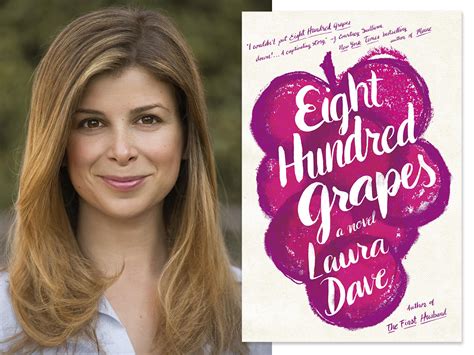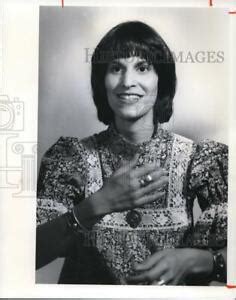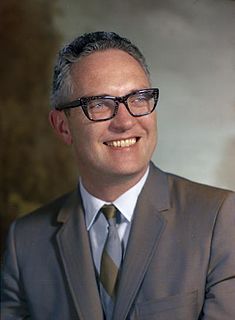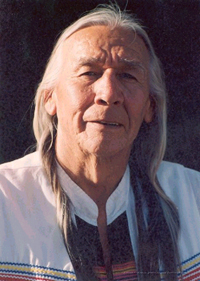A Quote by Jennifer James
The average person's short-term memory can hold only five to seven bits of data at any one moment. If you put more items in, others fall out. The older you are, the more you have crammed into those memory circuits. Twenty-five-year-olds can remember things because they still have empty space. Some of us take our children to the supermarket in the hope they will remember why we are there.
Quote Topics
Any
Average
Average Person
Because
Bits
Children
Circuits
Data
Empty
Empty Space
Fall
Five
Five-Year
Five-Year-Old
Hold
Hope
Items
Memory
Moment
More
Older
Only
Others
Our
Our Children
Out
Person
Put
Remember
Seven
Short
Short-Term
Some
Space
Still
Supermarket
Take
Term
Things
Those
Twenty
Twenty-Five
Us
Why
Will
Year
Related Quotes
It seems to me, that this, too, is how memory works. What we remember of what was done to us shapes our view, molds us, sets our stance. But what we remember is past, it no longer exists, and yet we hold on to it, live by it, surrender so much control to it. What do we become when we put down the scripts written by history and memory, when each person before us can be seen free of the cultural or personal narrative we've inherited or devised? When we, ourselves, can taste that freedom.
Today age segregation has passed all sane limits. Not only are fifteen-year-olds isolated from seventy-year-olds but social groups divide those in high school from those in junior high, and those who are twenty from those who are twenty-five. There are middle-middle-age groups, late-middle-age groups, and old-age groups - as though people with five years between them could not possibly have anything in common.
Some people say they use images to help them remember intricacies. Others say they just remember. If they are able to form an image of the face, it is because they remember how it was: it is not that an image guides memory, but that memory produces an image, or the sense of imaging. We have no agreed way to talk clearly about such things.
But pain may be a gift to us. Remember, after all, that pain is one of the ways we register in memory the things that vanish, that are taken away. We fix them in our minds forever by yearning, by pain, by crying out. Pain, the pain that seems unbearable at the time, is memory's first imprinting step, the cornerstone of the temple we erect inside us in memory of the dead. Pain is part of memory, and memory is a God-given gift.
There is an ancient Indian saying that something lives only as long as the last person who remembers it. My people have come to trust memory over history. Memory, like fire, is radiant and immutable while history serves only those who seek to control it, those who douse the flame of memory in order to put out the dangerous fire of truth. Beware these men for they are dangerous themselves and unwise. Their false history is written in the blood of those who might remember and of those who seek the truth.
There are some things we really need to take care of: the children, and grandparents. Children, whether they are young or older, they are the strength that moves us forward. We place our hope in them.Grandparents are the living memory of the family. They passed on the faith, they transmitted the faith, to us.
I believe that God will help us to forget things, the memory of which would do us harm, or rather that He will enable us to remember only so much of them as will be for our good, and we, ourselves, not emotionally overwhelmed. The pain endured. The lesson learned. Let it now be forgotten! Face the future with courage, cheerfulness, and hope. Give God the chance and He will make you forget all that it would be harmful to remember.
Memory is corrupted and ruined by a crowd of memories. If I am going to have a true memory, there are a thousand things that must first be forgotten. Memory is not fully itself when it reaches only into the past. A memory that is not alive to the present does not remember the here and now, does not remember its true identity, is not memory at all. He who remembers nothing but facts and past events, and is never brought back into the present, is a victim of amnesia.
Writing is a futile attempt to preserve what disappears moment by moment. All that remains of my mother is what I remember and what I have written for and about her. Eventually that is all that will remain of [my husband] and me. Writing sometimes feels frivolous and sometimes sacred, but memory is one of my strongest muses. I serve her with my words. So long as people read, those we love survive however evanescently. As do we writers, saying with our life's work, Remember. Remember us. Remember me.
I don’t know why life isn’t constructed to be seamless and safe, why we make such glaring mistakes, things fall so short of our expectations, and our hearts get broken and out kids do scary things and our parents get old and don’t always remember to put pants on before they go out for a stroll. I don’t know why it’s not more like it is in the movies, why things don’t come out neatly and lessons can’t be learned when you’re in the mood for learning them, why love and grace often come in such motley packaging.




































